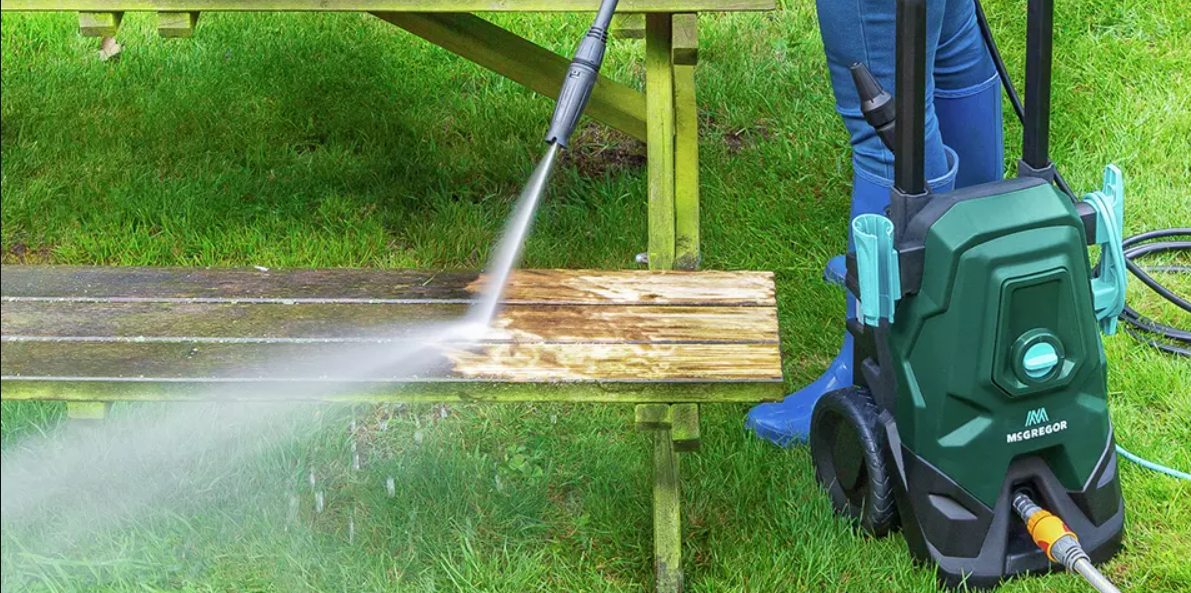Pressure washers are used for a wide variety of jobs, but they’re especially useful around the pool. They have a way of cleaning through an intense jet that can blast away dirt and grime and quickly remove algae. However, they also emit a chemical smell that some people say smells like burning rubber or plastic.
The smell is caused by the high-pressure chemical mixture needed to create high-pressure water at the nozzle. The mixture generates nitrogen oxide and hydrocarbons when it mixes with water, so there’s a risk of an explosion if you don’t use enough water or don’t follow the manufacturer’s instructions. The pressure in most pressure washers is less than 4,000 pounds per square inch — a fraction of what you’d find in a car tire pump, for example.
But even if you do everything right, there’s still a possibility your sprayer will produce that awful smell. It comes from the chemical reaction between the detergent solution and chlorine bleach in the bleach dispenser, which is located on top of the washer’s intake manifold.
The bleach solution can produce sulfur dioxide, which smells like rotten eggs when it reacts with water. When it mixes with chlorine in the air, you get that burning smell as well. However, when you can smell the burning, you should often check the machine even if its working perfectly fine. Most often the smell can be a sign of incorrect operation or poor maintenance.
What Causes Overheating in Pressure Washers
A pressure washer can be an excellent tool for cleaning off a variety of surfaces. However, if you don’t take the proper precautions, it can be a dangerous piece of equipment.
There are several common causes of pressure washer overheating, and they all have something in common:
- Over-filling the unit with water can cause it to become extremely hot, causing short circuits and other problems.
- Over-gassing can happen when too much water is used in a short period of time. It’s important to note that gas pressure washers often have a safety mechanism built in to prevent gassing while they’re running, but this doesn’t help when the unit is already overheated.
- Overheating occurs when the motor gets too hot — it may not even be clear that this is happening because the machine will continue working even if it’s smoking. In fact, if your pressure washer has an “overheat” switch (or similar feature), it should turn off the motor as soon as it reaches a certain temperature.
How to Avoid Overheating in Pressure Washers
Overheating in a pressure washer is a real danger for homeowners. If a water pump gets too hot, it can literally melt, causing a catastrophic failure. As such, you need to be very careful about what kind of pressure washers you use.
There are several things you can do to avoid overheating:
Check for any leaks. If you have a small leak in your hose or a damaged connection, a little water could come out of the nozzle and make it run hotter than it needs to.
Don’t exceed the recommended limit of PSI (pounds per square inch). You’ll find that these machines have maximum PSI ratings printed on the side or on the instruction manual. If you try to push beyond those limits, there’s a good chance your machine will overheat, causing damage.
Use a cooler water source. If you’re washing something with high levels of soap or cleaning solution in it, like wood decks or stone surfaces, use a cooler water source — a garden hose or rain barrel is fine — that allows the soap to dissolve before entering the pressure washer.
Get the best durable and tested pressure washers with a guarantee of improved service record from Giraffetools collections.









